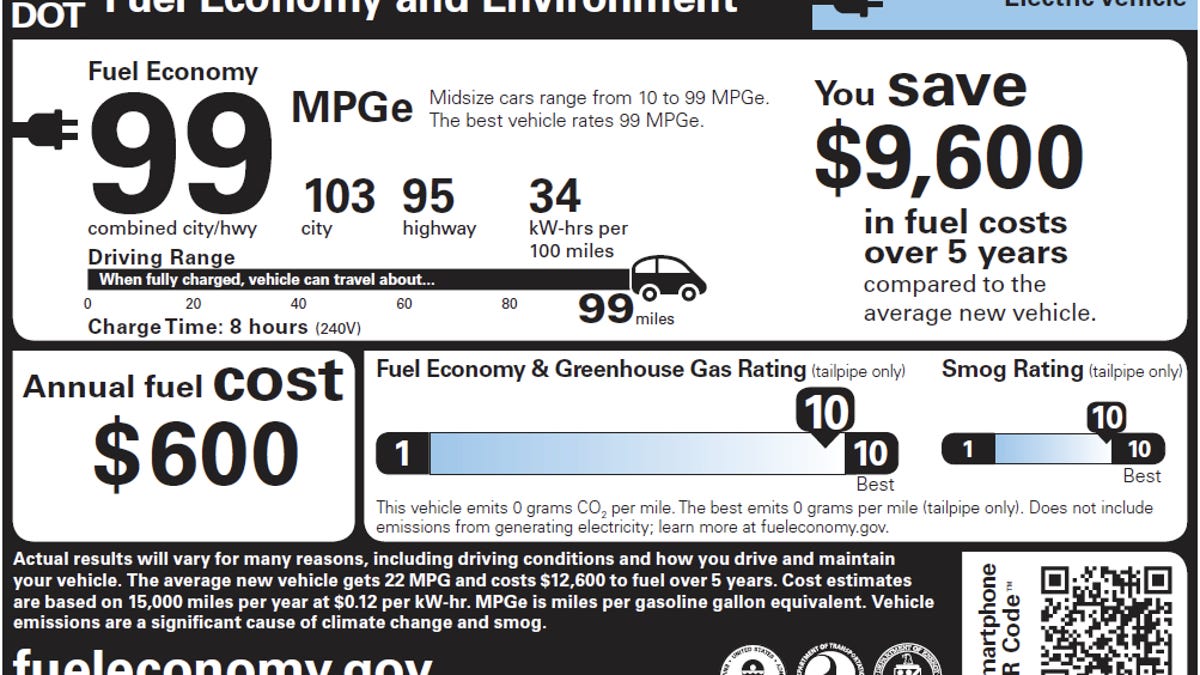New CAFE rules nearly double fuel economy by 2025
The Environmental Protection Agency announced today that it had agreed on a new Corporate Average Fuel Economy rating of 54.5 mpg with automakers and the state of California, with full implementation by 2025.

The debt debate may be grabbing all the headlines, but another debate has been taking place in Washington over the last few years. Under the Obama administration, the Environmental Protection Agency (EPA) has been hammering out an agreement with automakers and the state of California for a new Corporate Average Fuel Economy (CAFE) standard. Today the EPA announced that a CAFE of 54.5 mpg will be required by 2025, nearly doubling current fuel economy standards.
Automakers such as Ford, GM, Chrysler, BMW, Honda, Hyundai, Kia, Nissan, and Toyota signed onto the agreement. The standards call for a CAFE of 35.5 mpg through the 2012 to 2016 model years, with the 54.5 mpg standard taking effect in 2025. The agreement calls for a midterm evaluation of progress toward the 2025 goal, which may allow adjustments depending on the ability of automakers to meet the standard.
As fuel economy is directly tied to carbon dioxide emissions, the new rules will serve to reduce carbon dioxide in the atmosphere. This aspect helped secure the agreement of the California Air Resources Board, which had been considering separate carbon dioxide emissions requirements.
The EPA points out that the new CAFE standard will help consumers save money, and at the same time cut foreign oil imports by half.
To help automakers reach the new CAFE standard, the EPA is considering incentives for electric and fuel cell vehicles, large pickup truck hybrids, and improvements in automotive air conditioning systems.

